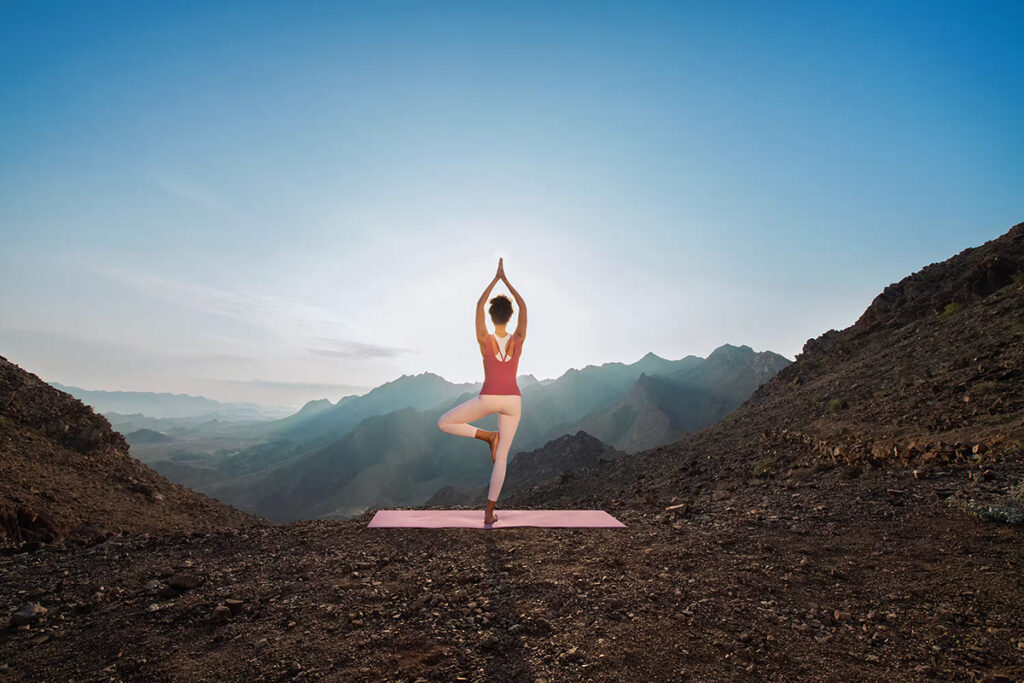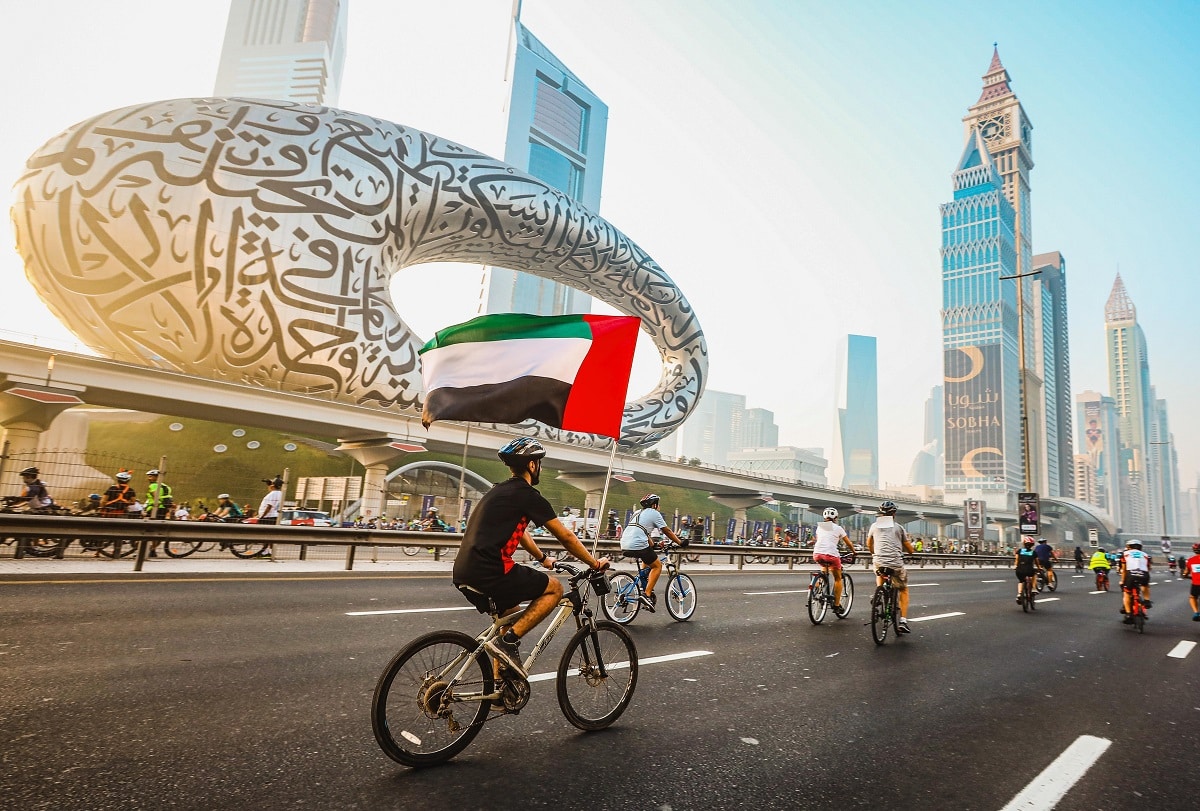The United Arab Emirates is on track to see the highest increase in consumer spending in the world this year. At the heart of this growth is a rising focus on wellness, health-conscious lifestyles, and luxury wellness experiences. This trend is not just limited to the UAE—it’s spreading across the Gulf region, positioning the area as a new global leader in wellness.
A Region Embracing Wellness Like Never Before
Across the Gulf Cooperation Council (GCC), wellness is becoming a lifestyle, not just a luxury. Countries like the UAE and Saudi Arabia are investing heavily in wellness infrastructure, health technology, and personalized health solutions. From spa resorts and medical tourism destinations to personalized supplements and fitness apps, wellness is touching every part of daily life.
Experts say that consumers in the Gulf are increasingly prioritizing physical, mental, and emotional well-being. This shift is creating a huge market for wellness products and services, with major global companies entering the region to meet the demand.

The rapid growth is being driven by several key factors: strong economic development, young and tech-savvy populations, and visionary government policies that support innovation in healthcare and wellness.
The UAE and Saudi Arabia Lead the Wellness Wave
The UAE and Saudi Arabia are leading the transformation of the wellness industry in the region. Both countries are making strategic moves to establish themselves as global wellness destinations.
The UAE, with its reputation for luxury and innovation, is seeing a major surge in demand for personalized wellness services. This includes everything from DNA-based supplement plans and gut health analysis to smart wearables that monitor stress and sleep. Health-conscious residents and tourists alike are investing in long-term well-being, turning away from short-term fixes in favor of sustainable health strategies.
Saudi Arabia, meanwhile, is rolling out ambitious projects under its Vision 2030 initiative, including wellness retreats, health-focused resorts, and integrated wellness zones within its mega-cities like NEOM. These developments are designed to blend nature, sustainability, and advanced medical care, making the country a magnet for both regional and international wellness travelers.
A Cultural and Economic Shift Toward Health
The rising popularity of wellness in the GCC is not just a trend—it reflects a deeper cultural shift. As more people become aware of the importance of mental and physical health, the way they spend their money is changing. Instead of buying luxury goods or status symbols, many consumers are now investing in themselves—their fitness, nutrition, mental health, and overall quality of life.
At the same time, governments across the region are encouraging healthier lifestyles through national wellness strategies. These include public health campaigns, urban planning that promotes active living, and partnerships with global wellness companies to bring new technologies and therapies into the market.
This focus on holistic health is creating opportunities across multiple sectors—from hospitality and tourism to food and beverage, retail, fitness, and biotechnology.
UAE’s Consumer Spending Outpaces the World
A recent global consumer outlook report shows that the UAE is expected to have the highest net growth in consumer spending in 2025. While many countries are seeing cautious or even declining spending trends due to global economic uncertainty, the UAE is defying the trend.
The study found that UAE consumers are planning to increase their spending by about 13% overall. This rise is especially strong in categories like health and wellness, travel, and dining—indicating a growing appetite for lifestyle-enhancing experiences.
While some people are cutting back on luxury goods like watches, designer bags, and used cars, they’re shifting their money toward experiences that improve their well-being. This includes things like wellness retreats, health check-up subscriptions, mindfulness courses, and advanced fitness programs.
The Rise of Wellness Tourism
One of the fastest-growing sectors in the region is wellness tourism. People are no longer just traveling for sightseeing or shopping—they are traveling to recharge, detox, and focus on their health.
Wellness resorts are opening across the UAE and Saudi Arabia, offering personalized experiences that combine luxury with medical-grade care. These destinations offer everything from spa treatments and yoga retreats to advanced diagnostic testing and biohacking tools.
The market for wellness tourism is projected to grow by over 17% every year, reaching more than $1.4 trillion globally by 2027. The GCC, with its mix of modern infrastructure, natural beauty, and strategic location between Europe, Asia, and Africa, is perfectly positioned to capture a large share of this booming industry.
High-Tech Health Solutions Go Mainstream
Technology is playing a major role in the wellness revolution in the Gulf. Personalized health tech—such as wearables that monitor heart rate variability, apps that analyze sleep and stress, and online platforms for gut microbiome testing—is becoming more accessible and widespread.
Companies that offer DNA-based nutrition and supplementation are seeing rapid growth. These services use blood and genetic data to provide customized health plans, helping individuals make smarter decisions about their diets, fitness routines, and stress management strategies.
As trust in these technologies grows, so does demand. More people are willing to invest in long-term wellness strategies that offer measurable results and real improvements in quality of life.
A Future Built on Wellness
The future of the GCC’s economy will not only be about oil, finance, or real estate—it will increasingly revolve around well-being. By turning wellness into a central part of national development strategies, the region is building a more sustainable and resilient economy.
This shift offers enormous potential for businesses, investors, and entrepreneurs. As wellness becomes a priority across all income levels and age groups, new markets and industries are emerging—from wellness-focused real estate and functional foods to preventive medicine and mental health platforms.
The message from consumers is clear: wellness is not a luxury—it’s a necessity. And in the UAE and the broader Gulf region, this mindset is reshaping the way people live, work, and spend.



